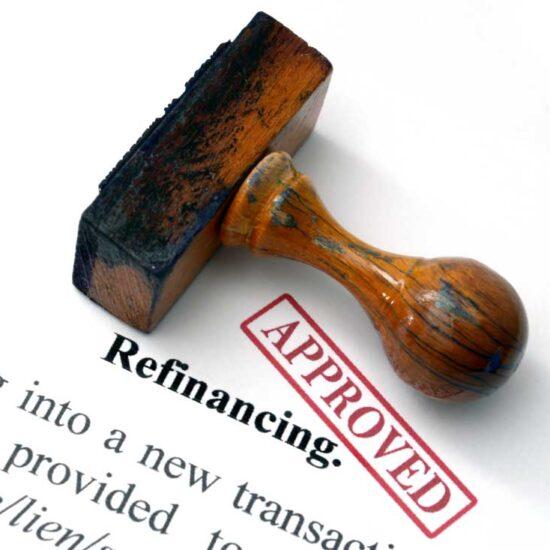
By Tina Howes, Mortgage & Finance Advisor – SmartMove
In more recent years, as property has become more expensive, buying a property with another party, other than your partner or spouse, has become more common as a way of pooling deposits and getting in to the market sooner – but doing so is not without its complexities or potential downfalls.
I have summarised the key points to be aware of before entering into this type of arrangement.
- Loan application
Both purchasers will be assessed for their ability to afford the loan jointly. If you are both on the title on the property, you will need to both be on the loan, or for a small handful of lenders, guarantee each other.
This is because, if one of you defaults on the loan, the other will need to step in to make the repayments or be on board to sell their share of the property.
The lender cannot sell half a property and needs to ensure they can either demand payment from the other party or sell the property.
In doing a joint application, all your personal situation will be disclosed to the party you are buying with.
This is not such a bad thing as you should be aware of who you are making such a large financial commitment with and ensure you won’t be left covering all the mortgage on your own.
- Future borrowing
In the future, if you retain the joint asset and joint loan and wish to borrow again in your own name or with another party (say, for example, a spouse) it is really important to be aware that when you borrow, in most instances you will be required to demonstrate you can afford 100 per cent of the joint debt, but only able to use half of the rental income. As you can imagine, this can significantly reduce your borrowing capacity.
There are some lenders that will allow only your share of the loan so long as you can demonstrate the other person can service their debts. That works well but the lenders that look at this approach are limited. And who is to say the person you have the joint loan with can still demonstrate on paper they can afford the loan in the future or be willing to be involved in your future loan applications?
- Selling the asset
Make sure you seek legal advice and have an agreement before buying the property on what your plans are in the event one person wants to sell before the other.
This can be challenging if one party wants to sell before the other party and perhaps before the asset has had a chance to perform or cover the outlay and holding costs.
Circumstances change, people change, so be really clear on this point upfront.
Buying a property jointly is not something to consider lightly and all the above needs to be considered.
Feel free to reach out further to discuss if you are considering purchasing an asset with another party.

Disclaimer: This article contains information that is general in nature. It does not consider the objectives, financial situation or needs of any particular person. You need to consider your financial situation and needs before making any decisions based on this information. This article is not to be used in place of professional advice, whether in business, health or financial.






